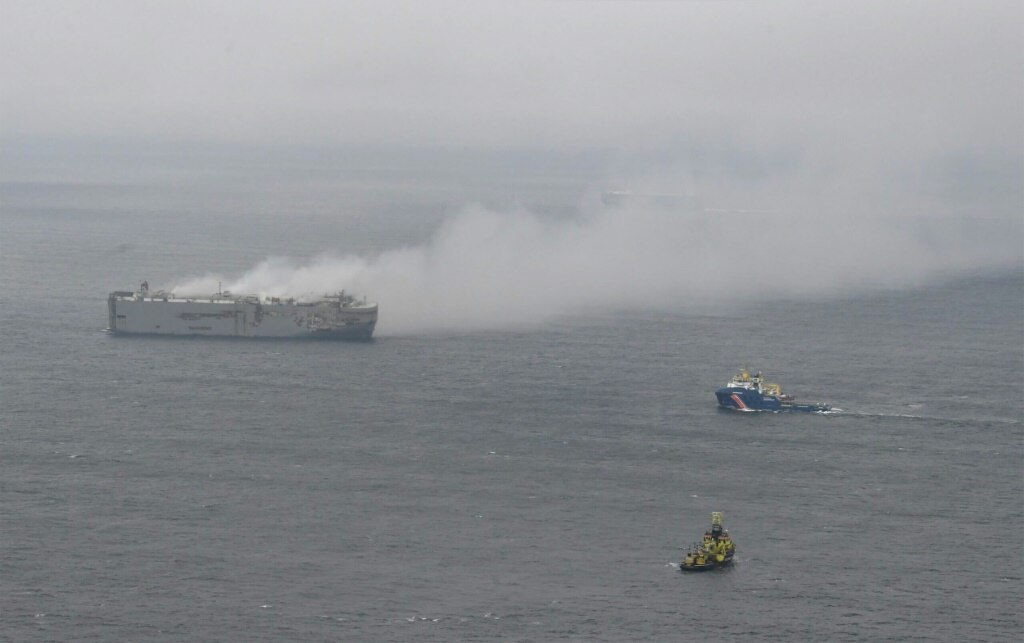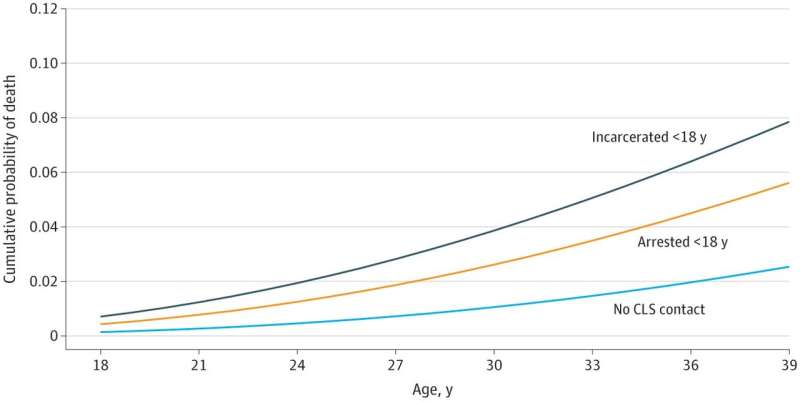The ongoing flame war among some of the worst people alive has resulted in the inevitable—calls for murders.
By Mack Lamoureux
July 28, 2023
In the latest edition of infighting occurring in the worst corners of the internet, influential neo-Nazi James Mason is going to war with a satanic sect of Nazis who published his book.
Mason, arguably the grandfather of the neo-Nazi accelerationist movement, is particularly at odds with a small satanic cell of the Order of Nine Angles. The Order of Nine Angles, or O9A is a decentralized neo-Nazi Satanic group connected to both acts of violence and horrific pedophilia. Despite how obtuse the O9A is, they have an outsized influence on the far-right.
The cell in particular is a splinter group from a splinter group of the infamous neo-Nazi terror organization Atomwaffen. According to propaganda photos published by this specific cell, they don’t seem to be much larger than three people.
Mason, 71, is best known for a collection of his writings in which he argues for militant action and that the collapse of Western civilization is necessary for the survival of the white race. Written in the 1980s, Mason’s work found a new life over the last decade, becoming massively influential in the far-right, particularly those in the militant accelerationist milieu—which believes they must hasten the fall of society so they can build a white ethnostate from the ashes—like Atomwaffen and The Base. Earlier this year, the small satanic neo-Nazi cell was able to pull together enough money to publish a new copy of Mason’s influential terrorist manifesto—which they called the “666 edition.”
The latest edition, which VICE News has reviewed, has an introduction section where the editor claims to have gotten to personally know Mason and actually helped publish the previous edition. It essentially states Mason has grown meeker than the ideas presented in his work and denounces him.
MACK LAMOUREUX07.11.23
After becoming aware of the “666” publication, Mason made a video called “Satanic Expose,” where he accused the group of being a front for the FBI (an influential member of the O9A was previously proven to be a federal informant.) The main piece of evidence he presents for his claim is essentially that the 666 Edition was physically too well-made for a neo-Nazi publication.
“We here call it the 'federal edition' because of its high quality, hardback, coded stock, color throughout... most impressive! Not only that, I initially heard this was (a) $100 volume, and I can believe it, but I'm told now they're giving it away,” he says in the video. “Most odd, who has that kind of money? That's why we call it the federal edition. The feds do good work.”
In response to the video, the O9A adherents made a blog post where they called him “the high priest of deceleration James ‘don't do it’ Mason” and complained he was all talk, no terror crimes. This insult, while coming from a group that appears to be pretty small, got to Mason so much that he essentially suggested to his followers they may as well commit murder..
Earlier this week Mason released a video he and his team entitled “Accelerate!” where he addresses the satanic Nazis insults. In it, Mason takes umbrage with the small sect of satanic neo-Naizs and others who have been calling him soft. For over 12 minutes, Mason sits in front of his mantle and rants about these groups.
At one point Mason begins telling the story of his first arrest, which he says came in 1969 in Silver Spring, Maryland after he and his fellow Nazis were caught postering a Jewish store. He said that he got off lightly but times have changed and his followers that do similar actions will likely catch a hate crime charge.
“Today, I think most will know what would happen in a case such as this. A federal hate crime, your life turned upside down,” he says in the video. “Now, this sort of activity is exactly what these types who are calling me a decelerationist are advocating. ‘No,' they say 'no need to go out and kill anyone, just play these stupid and silly games.' I say that if you choose death or prison, then you might as well go all the way with it.”
Josh Fisher-Birch, an analyst with the Counter Extremism Project, told VICE News that this goes along with Mason’s past statements where he accuses those arguing for low level crime of being “feds” repeatedly and “winks at his audience by saying that if one is going to commit an illegal act and risk prison or death, it should ‘count’ and be done in secret.”
MACK LAMOUREUX06.30.23
“It suggests that Mason does not want to be seen as someone who would never advocate violence in any circumstance,” said Fisher-Birch. “It gives Mason an out to avoid responsibility and tries to confer all agency on the hypothetical perpetrator. Mason is, of course, speaking to an audience where certain members do certainly believe in the use of violence.”
For some reason, cuckoo clocks go off at random intervals and interrupt him throughout, making the video of a septuagenarian neo-Nazi ideologue encouraging his followers to kill feel even more bizarre than it already is.
The Empire Never Ended, a podcast that chronicles the ins and outs of the extreme right, recently did an episode on the satanic cell where they tracked its growth. The cell in particular splintered off from the National Socialist Order, a group which itself was formed when Atomwaffen disbanded. They splintered off essentially over adherence to the O9A.
“In the fall of last year, when a beef with James Mason ballooned into yet another realization that National Socialist Order was still full of Nazi Satanists, a big chunk of them, including at least one founding member according to Mason, went off to make the (neo-Nazi cell) and ‘build a community of true evil’ and all that nonsense,” said Fritz McAlinden, one of the show's hosts.
McAlinden added he “can't think of a dumber and more edge-lordy group.” In regards to the statements Mason made, McAlinden said, the elder neo-Nazi is singing “the same old song.”
“He's very weaselly about this,” he said. “This is the classic thing where they all want to be the most evil but none of them want to get in trouble.”
Neo-Nazis and other members of far-right groups tearing themselves apart are nothing new. If you track the movement over decades you’ll see countless examples of bigots going after bigots. Just recently the neo-Nazi Active Clubs had a nationwide online tizzy with the Proud Boys, a far-right street fighting group because a few members were pushed around in Oregon.
It’s something that holds true no matter how bizarre or influential the groups become. They can be an influential neo-Nazi who has inspired murders, or a weird little racist occult group, but they can’t resist the siren song of a flame war.



























